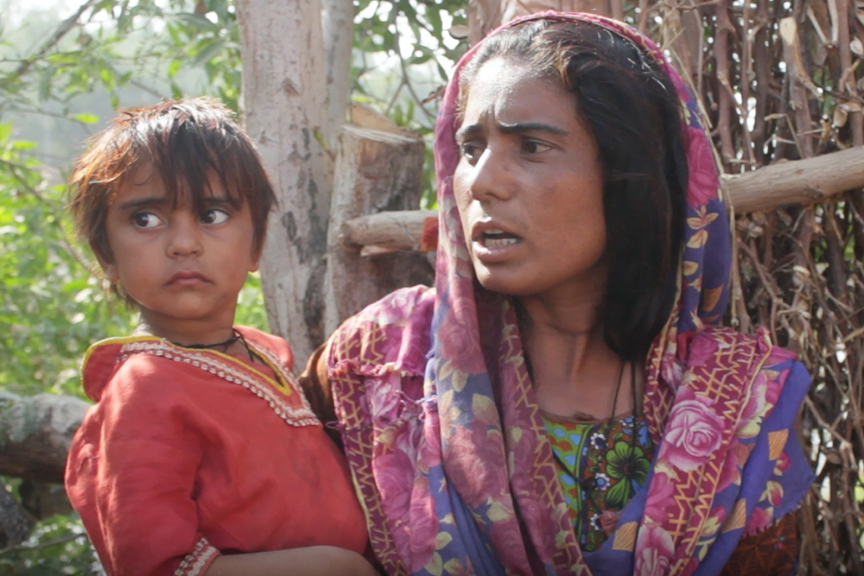Pakistan – One Year of Recovery
People in the worst hit areas of Pakistan had little time to recover from last year’s record-breaking floods before the first rains in April.
According to the United Nations, an estimated 20.6 million people required humanitarian assistance. Many are living in temporary shelter and are worried about the future, as global temperatures rise.
Pakistan produces less than one percent of global emissions yet is at a high risk of harm from climate change. At November’s climate negotiations, Pakistan pushed for compensation to countries on the frontline. Christian World Service as part of the ACT Alliance climate justice campaign supported this provision known as Loss and Damage.
“Climate change was evident from day one of [last year’s] disaster. People had very little to start with and no reserves. They lost what little they had,” says Marvin Parvez, from CWS partner, Community World Service Asia.
“How do we resource people who have lost everything and revive support services, schools and clinics? Much of the infrastructure has been damaged,” he adds.
CWSA is grateful for international support, including from Aotearoa New Zealand. By the end of July, it had helped 300,000 people in Sindh province with health services, cash for food, hygiene support, hygiene kits and agricultural inputs.
How the donations helped
Christian World Service is grateful for donations of over $115,600 to the Pakistan Flood Appeal, launched one year ago. Funds were distributed to our partner Community World Service Asia (CWSA) for work in Sindh province.
In Matiari, donations helped support Mobile Health Units. Medical staff saw 49,386 individuals, of whom 20,932 were children. CWSA also provided cash assistance to 990 households of whom 379 were headed by women.In the Mirpurkhas district, CWSA assisted 800 of the most vulnerable families in 12 villages with hygiene and dignity kits as well as two mosquito nets and a tarpaulin. The kits contained toothbrushes, toothpaste, a comb, sanitary pads, mosquito repellent, a nail cutter, a plastic mug and bucket, underwear and towels for family members.
CWS is grateful for the generous response to this appeal.
 Shehnaz (pictured) said the support was life-surviving. Before the floods, her husband worked as a daily wage labourer and selling wheat in a neighbouring town. With the food they grew, they could support their three young children until the floods forced them to seek higher ground.
Shehnaz (pictured) said the support was life-surviving. Before the floods, her husband worked as a daily wage labourer and selling wheat in a neighbouring town. With the food they grew, they could support their three young children until the floods forced them to seek higher ground.
Once the waters dropped, the couple constructed a small shelter out of bricks beside the ruins of their home. In January when CWSA met with Shehnaz, the land was underwater making it impossible to replant. Sometimes Shehnaz travelled to the city to buy household items like soap to sell, earning a little cash while the family waited for the water to drain.
According to Shehnaz, the children often injured themselves when they fell into the ponds or picked up infections from the polluted water. She would have to run to a neighbouring village, an hour and a half away to get medical treatment. The Mobile Health Clinic and cash assistance from Community World Service Asia made a big difference.
In a new report, Hunger Hotspots, the Food and Agriculture Organisation (FAO) and the World Food Programme (WFP) warn 8.6 million people face acute food insecurity between June and December. Of these 2.6 million or 13 percent of the total population are likely to reach emergency levels of hunger, level four on the Integrated Food Security Phase Classification (IPC), one point below catastrophe.
CWS encourages you to support actions for climate justice and participate in this year’s Season of Creation, starting September 1.
August 18, 2023
Images: Community World Service Asia

